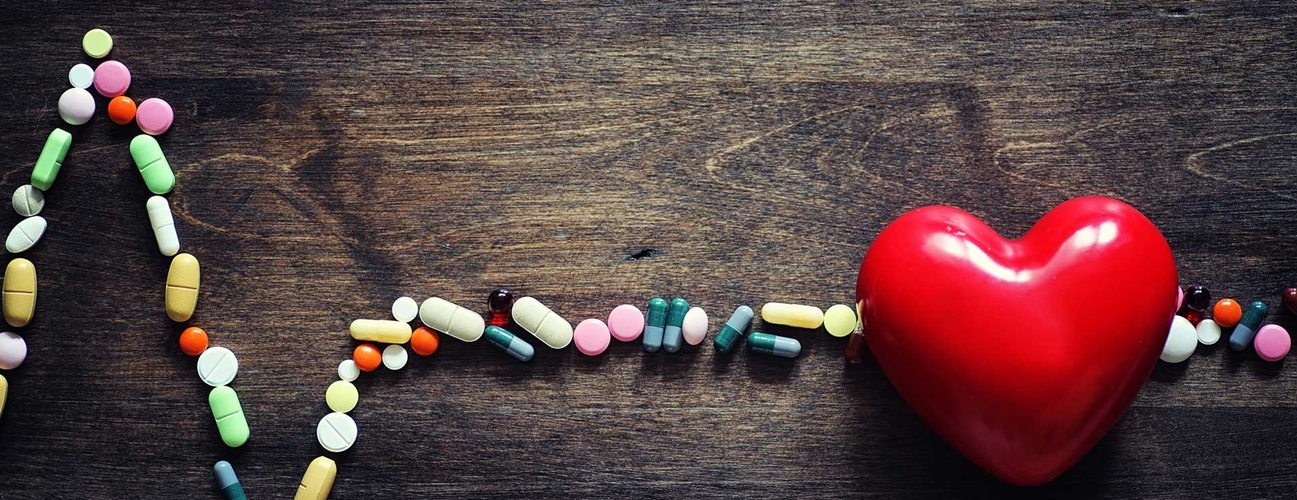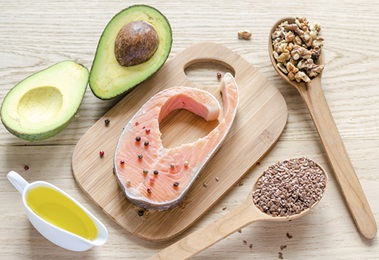The Truth About Heart Vitamins and Supplements
If eating a heart-healthy diet is good for your heart, you might wonder if taking vitamins and other nutritional supplements that are touted as heart-healthy further protects you from cardiovascular disease.
“The bottom line is, we don’t recommend supplements to treat or to prevent cardiovascular disease,” says Johns Hopkins physician Edgar R. Miller III, M.D., Ph.D. , whose research review on the topic has been published in the Annals of Internal Medicine. “The good news is, you don’t have to spend any money on supplements.”
Vitamins and supplements don’t protect you from heart disease.
Johns Hopkins researchers (including Miller) reviewed randomized clinical trials involving hundreds of thousands of subjects, in which some were given vitamins and others a placebo. “We found no evidence of benefits to cardiovascular disease,” Miller says. “Supplements were ineffective and unnecessary.”
One possible exception is omega-3 or fish oil capsules. This type of fatty acid, found in fish and marine algae, helps the heart. Two servings of fatty fish per week provides enough for most people. For those who don’t get enough omega-3 in their diet, supplements may be helpful, Miller says.
Vitamins and supplements can be unsafe.
While research has turned up no clear benefit to supplements, consuming too much of certain vitamins can be harmful. Too much calcium and vitamin D are associated with an increased risk of cardiovascular disease, Miller says. Though studies are ongoing, there’s little evidence that any amount of a vitamin D supplement will protect the heart, he adds.
Another risk is that what you see on the label isn’t always what you get. Investigations have shown that too often pills said to contain medicinal herbs are actually full of fillers like powdered rice or even dangerous substances. Some don’t even contain any of the herbs on the labels.
“Supplement production is not regulated by the FDA nor does the industry need to prove health benefits, so they can use vague language like ‘good for heart health’—but they can’t say ‘will lower blood pressure,’ ” Miller says.
Food is the very best source of the nutrients your heart needs.
Your body needs a range of vitamins to function properly—but they need to come from food. Not only is there no proof of much benefit from supplements, they also often contain unnaturally high doses of limited types of nutrient compounds. There are more than 600 different types of carotenoids (a type of antioxidant), for example. You’re far more likely to get these antioxidants from a varied diet than a single pill.
“Food offers a full complement of the antioxidants you need, not just selected ones in high doses,” Miller says.






